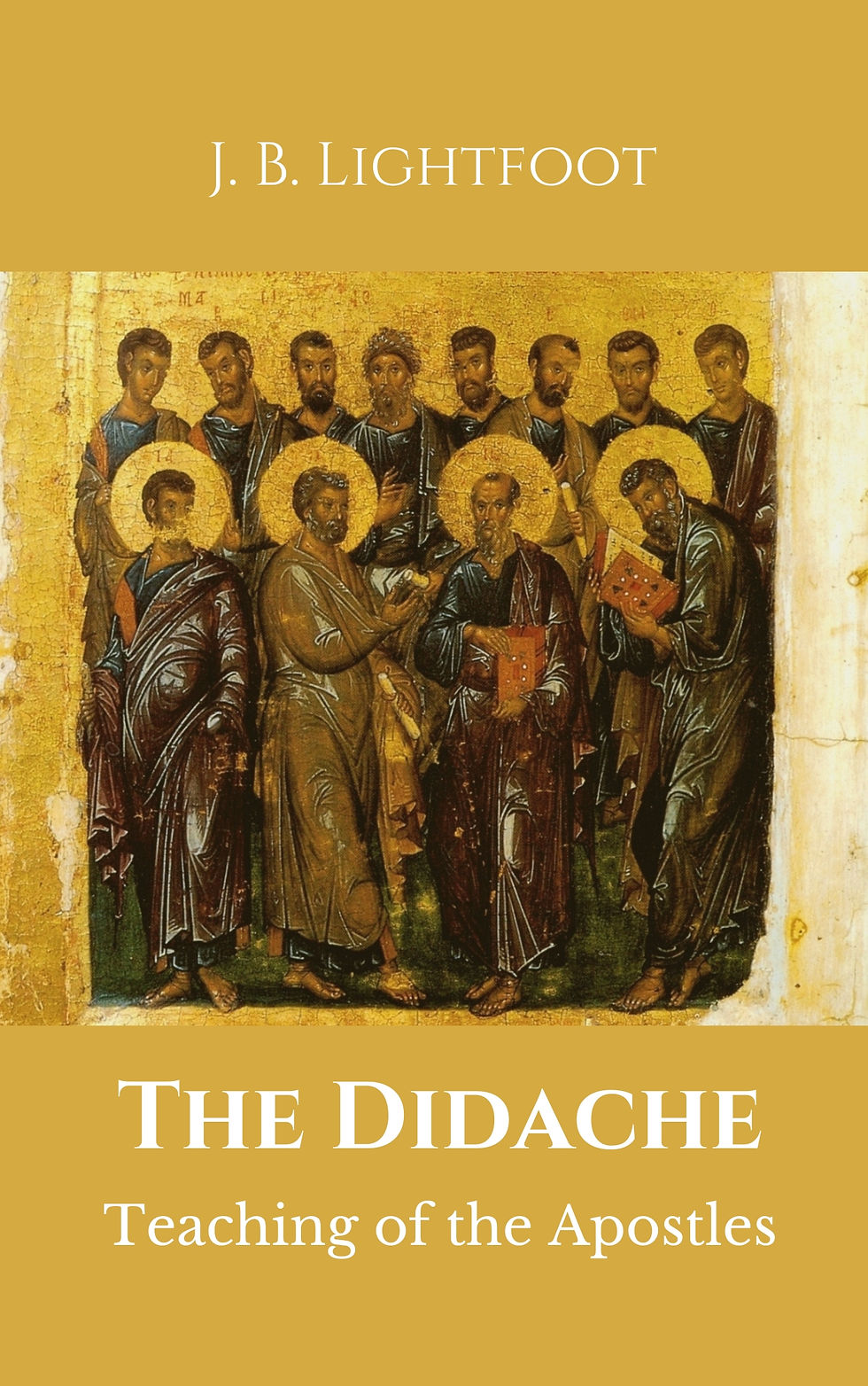BOOK DESCRIPTION
In this book, J. B. Lightfoot and Edward D. Andrews will explore the ancient text known as “The Didache: Teaching of the Apostles.” This text, dating back to the first century AD, is a unique and valuable document that provides insight into the beliefs and practices of the early Christian church. It is believed to have been written by the apostles themselves or their followers, and it covers a wide range of topics that are still relevant today. The Didache is divided into two main sections. The first section provides instructions for baptism, the Eucharist, and fasting, as well as ethical guidelines for living a Christian life. The second section focuses on teachings about the end times and the coming of the Antichrist. Throughout this book, we will delve deeper into the historical context of the Didache and explore its significance in early Christianity. We will also examine its teachings on ethics, worship, and eschatology and how they relate to the beliefs and practices of the Christian church today. The Didache is not only an important historical document but also a valuable resource for understanding the development of early Christianity. In the second section of this book, Edward D. Andrews has modernized the English from the Old English Style that J. B. Lightfoot uses in the first section. This book is intended for anyone interested in early Christianity, theology, or the history of religion. Whether you are a student, a scholar, or a layperson with a curiosity about the past, I hope that this book will provide a deeper understanding and appreciation of the Didache and its place in the history of the Christian church.
BOOK DETAILS
- Publisher: Independently published (January 12, 2023)
- Language: English
- Paperback: 47 pages
- ISBN-13: 979-8373550079
- Item Weight: 3.04 ounces
- Dimensions: 4 x 0.11 x 7 inches
ABOUT THE AUTHOR
JOSEPH BARBER LIGHTFOOT (1828–1889), also known as J. B. Lightfoot, was an English theologian and Bishop of Durham. He attended King Edward’s School in Birmingham before attending Trinity College in Cambridge where he was elected a Fellow of his college. From 1854 to 1859, he edited the Journal of Classical and Sacred Philology. He authored over twenty books.

